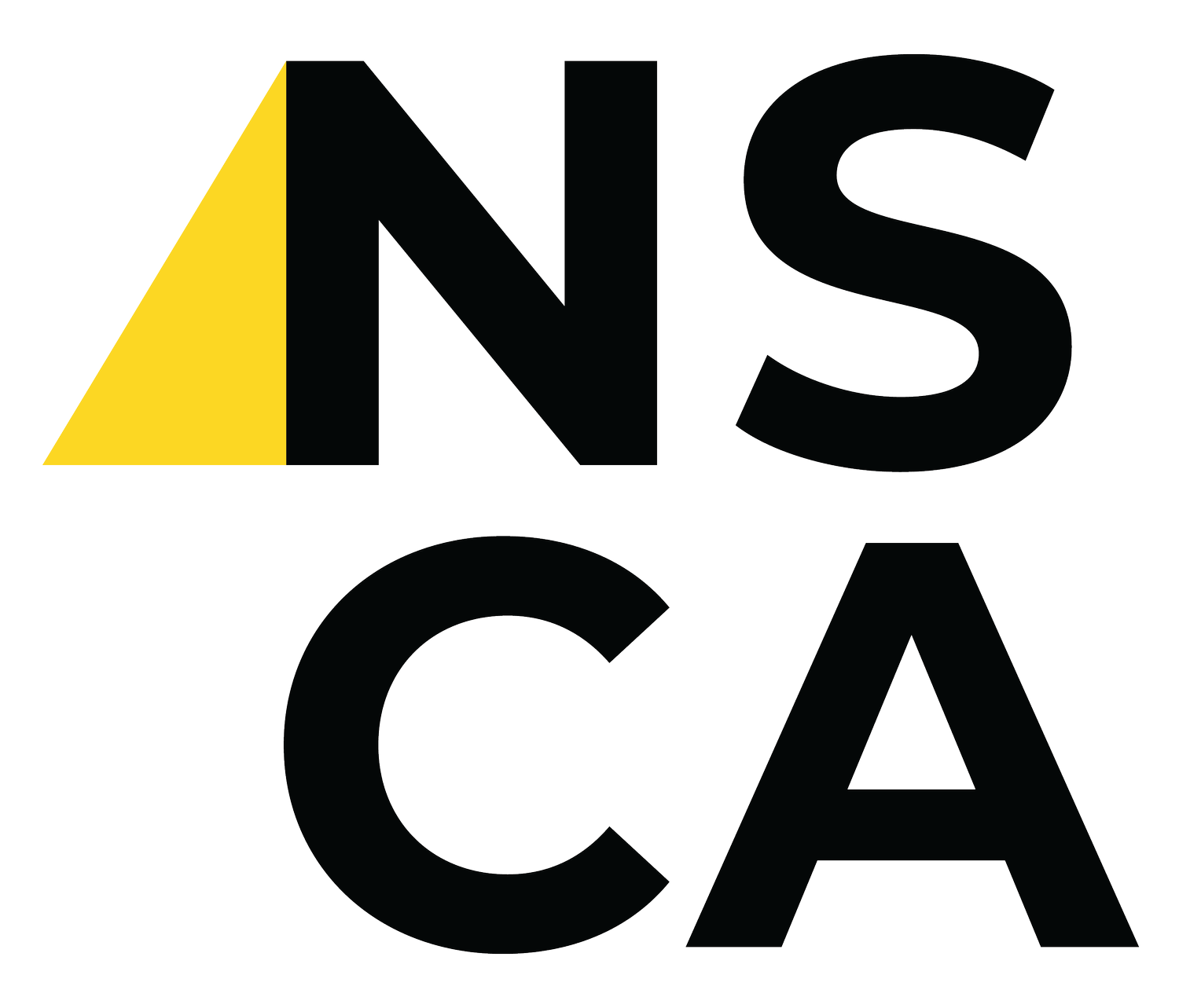
School Benefits
School Safety
The number one reason to hire a school chaplain is school safety. Data shows most mass shootings are planned, meaning there was time for an intervention. Yet, students do not avail themselves of therapy services because of a lingering stigma and fear that consultations will appear as a footnote on their transcript, curtailing acceptance to post-graduation education. Talking to a chaplain carries no such weight. Informality can lead people to open up when they otherwise wouldn’t. Chaplaincy is a non-threatening solution.
A chaplain can be the last line of defense. National School Chaplain Association chaplains are trained to recognize school safety issues and the steps to help create safer learning environments.
Mass shooting and teens killed or injured by gun violence is at an all-time high. Make your school safer by hiring a chaplain. (Data Sources | U.S. Secret Service and Department of Education Gun Violence Archive website)
HIRE A SCHOOL CHAPLAIN TO:
Intervene in advance: 93% of school shooters plan the attack in advance
Prevent or foil shootings: More than 75% raised concern from others before the attacks
Know the signs: mass shootings are at an all-time high in 2022
Teacher Retention
Teacher resignations are at an all-time high, according to the NEA. (Data Source: This website; EdWeek)
Chaplains are in high demand in an increasingly secular America because they provide unique and valuable services to employees. People want to work where they’re cared for and valued as a person, not just a cog, and school chaplains are a great way to do that. A school chaplain is an impartial listener who brings a compassionate heart and a discerning ear. This “ministry of presence” provides teachers and staff with a place to turn when life gets hard, and situations begin to impact their work. Chaplains are perceived as peers and a member of your team who voluntarily engages with others to establish close relationships, becoming an ally when they need a confidential partner to walk with them through difficult life situations. (Data Sources: From the C12 Group, General Motors, and Ford)
HIRE A SCHOOL CHAPLAIN TO:
Invest in your teachers’ future: A $9 return for every $1 invested in their chaplaincy programs
Mitigate educator burnout: 90% of NEA members say feeling burned out is a serious problem (67% is very serious)
Keep teachers in classrooms: 33% of teachers say it is very likely they will leave teaching within the next two years
With teen suicide at an all-time high, chaplaincy is a non-threatening solution. Chaplains exist at the complex intersection of spirituality and mental health, where the line between a spiritual crisis and a mental health crisis is not always clear even to the person experiencing it. School chaplains are not therapists; in fact, schools employing chaplains stress that they are only one part of a holistic health and wellness approach. They are a nonjudgmental confidant easy to talk to without fear of harassment, and guided by their training, help decide when to refer someone to a licensed therapist. Even in an increasingly secular society, faith in chaplains and their ability to help with personal problems remains strong. A chaplain might be able to address a spiritual crisis better than a medical professional or school counselor. (Data Sources: This release from the C12 Group, General Motors, and Ford; This website; EdWeek)
HIRE A SCHOOL CHAPLAIN TO:
Support students with anxiety or depression: 73% of respondents said they had “somewhat or a lot” of confidence in their clergy to help them with depression or anxiety
Provide a holistic approach to healthcare - one that recognizes religious and spiritual beliefs as an enduring part of modern life
Mental Health
What school chaplains will not do.
Accept gifts or gratuities from teachers, staff, or students for any services
Promote a particular religious group or church, preach, or proselytize
Force a conversation or relationship with teachers, staff, or students
Break confidentiality of discussions with teachers, staff, or students
Report to management regarding employee work habits
Interfere with the teacher or school staff work process
Judge lifestyle or personal conduct


